Time for industry to end the IP wars?
Inside the Enterprise: Sometimes, IT companies seem to spend more time in court than developing new products. Maybe the SAP-Oracle settlement shows it is time to move on.
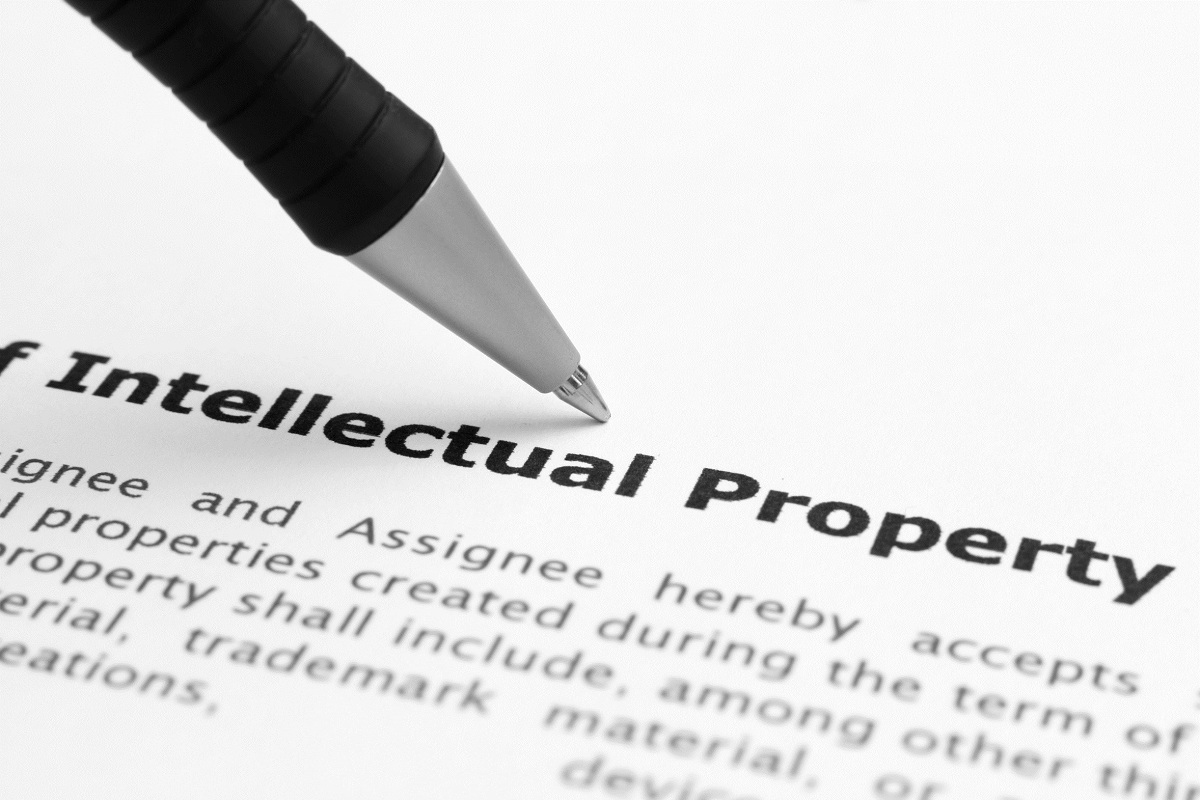
Over the last few years, suing rivals appears to have become a lucrative sideline for some IT companies.
The list of companies turning to the courts to enforce their intellectual property rights is an illustrious one: Apple, Samsung, Oracle, Microsoft, Google and Nokia are just some of the firms that have recently been involved in high-profile legal cases.
Of course, intellectual property law is complex, and sometimes, companies cannot resolve disputes amicably, or through conventional licensing channels.
In the consumer electronics and telecoms arena, modern products are so complex that there is always the risk that someone's patent, somewhere, will be breached accidentally.
And the idea that "fundamental patents" have to be licensed on a fair and non-discriminatory basis to all comers (known as FRAND to the lawyers) does not always mean all the parties will agree what fair is especially when the sums involved run into the millions.
But news that Oracle and SAP have finally settled their IP theft case could be evidence that the IT industry, at least, is willing to move on.
The SAP-Oracle case was a complex one, turning on whether staff at a company that SAP bought TomorrowNow had knowingly stolen IP from Oracle, and what damages its new parent, SAP, should pay as a result.
Get the ITPro daily newsletter
Sign up today and you will receive a free copy of our Future Focus 2025 report - the leading guidance on AI, cybersecurity and other IT challenges as per 700+ senior executives
The case has been going on for more than five years now, and is one of the longest-running stories IT Pro has covered. So the agreement between the two parties to settle the case, with SAP paying $306 million (195 million) to Oracle in settlement, is a milestone for both companies. In addition to the damages, SAP will also pick up the bill for Oracle's legal costs.
The damages fall far short of the original sum ($1.3 billion) demanded by Oracle, and although the payment will still hurt SAP's profits, it is not a critical blow. And the fact that the parties are willing to settle, rather than go to court again, should be good news for CIOs.
After all, the main losers in these cases is often the consumer whether it is the individual who cannot buy the tablet or phone of his or her choice, or whether it is a CIO who is worried about injunctions blocking access to their preferred software or, in extreme cases, putting a supplier out of business.
Sometimes the greatest concern about IP and patent disputes is the uncertainty it creates, including whether products will continue to be developed or sold, or indeed whether they will have to be re-engineered to remove technology based on the offending patents.
But if such big names as Oracle and SAP can kiss and make up, then that will be a relief for enterprise software buyers everywhere.
Stephen Pritchard is a contributing editor at IT Pro
-
 Should AI PCs be part of your next hardware refresh?
Should AI PCs be part of your next hardware refresh?AI PCs are fast becoming a business staple and a surefire way to future-proof your business
By Bobby Hellard
-
 Westcon-Comstor and Vectra AI launch brace of new channel initiatives
Westcon-Comstor and Vectra AI launch brace of new channel initiativesNews Westcon-Comstor and Vectra AI have announced the launch of two new channel growth initiatives focused on the managed security service provider (MSSP) space and AWS Marketplace.
By Daniel Todd
-
 Digital immaturity is holding back growth in the UK
Digital immaturity is holding back growth in the UKNews Research from SAP shows a lack of digital maturity is holding back enterprise digital transformation goals.
By George Fitzmaurice
-
 IBM eyes Oracle expertise gains with latest acquisition
IBM eyes Oracle expertise gains with latest acquisitionNews The deal aims to help IBM address the complexities of public sector cloud transformation
By Emma Woollacott
-
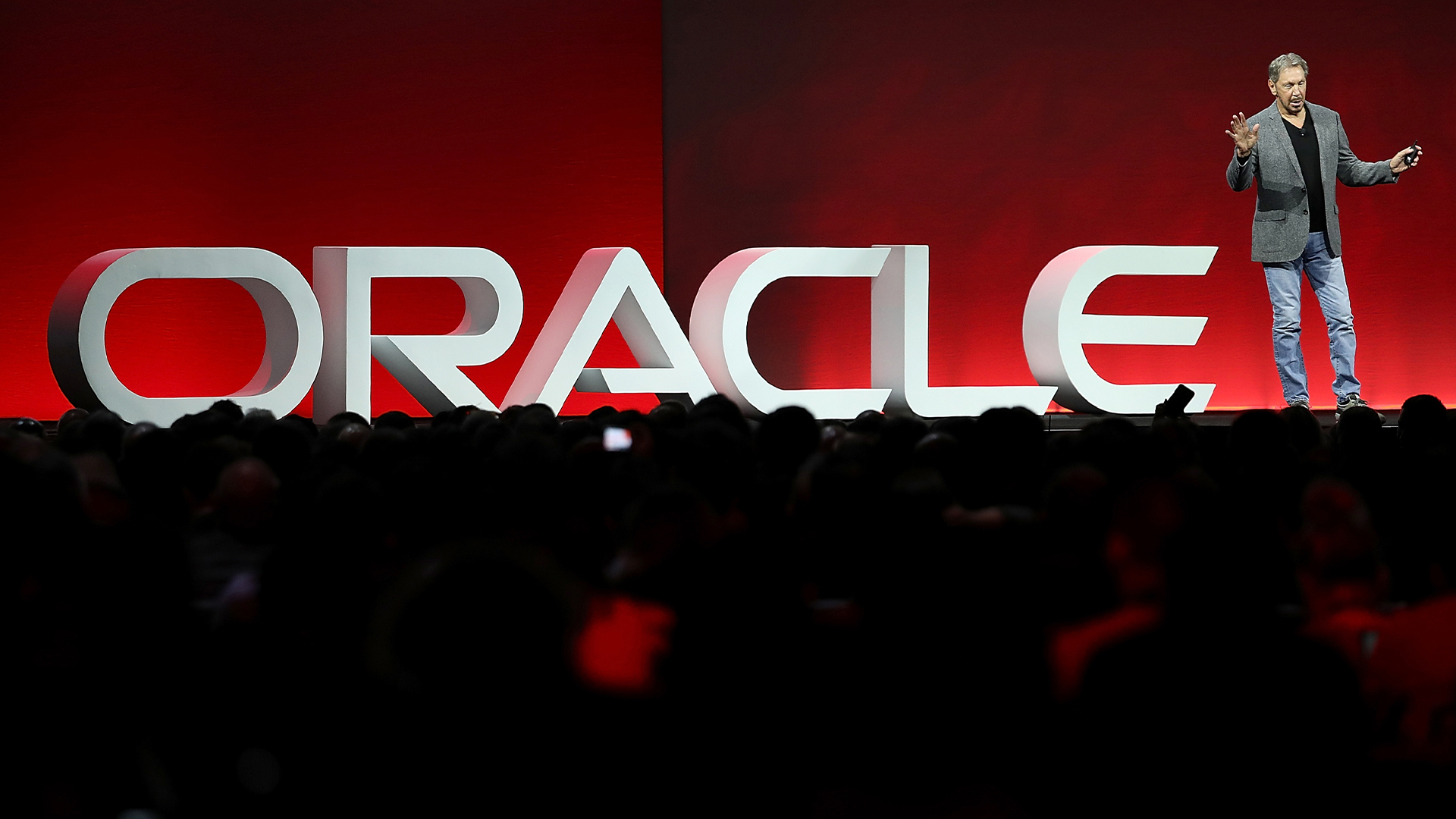 Channel Focus: All you need to know about Oracle's partner program
Channel Focus: All you need to know about Oracle's partner programWhat to know about partnering with Oracle: A brief guide to the database management software company as it expands further into cloud solutions
By Fleur Doidge
-
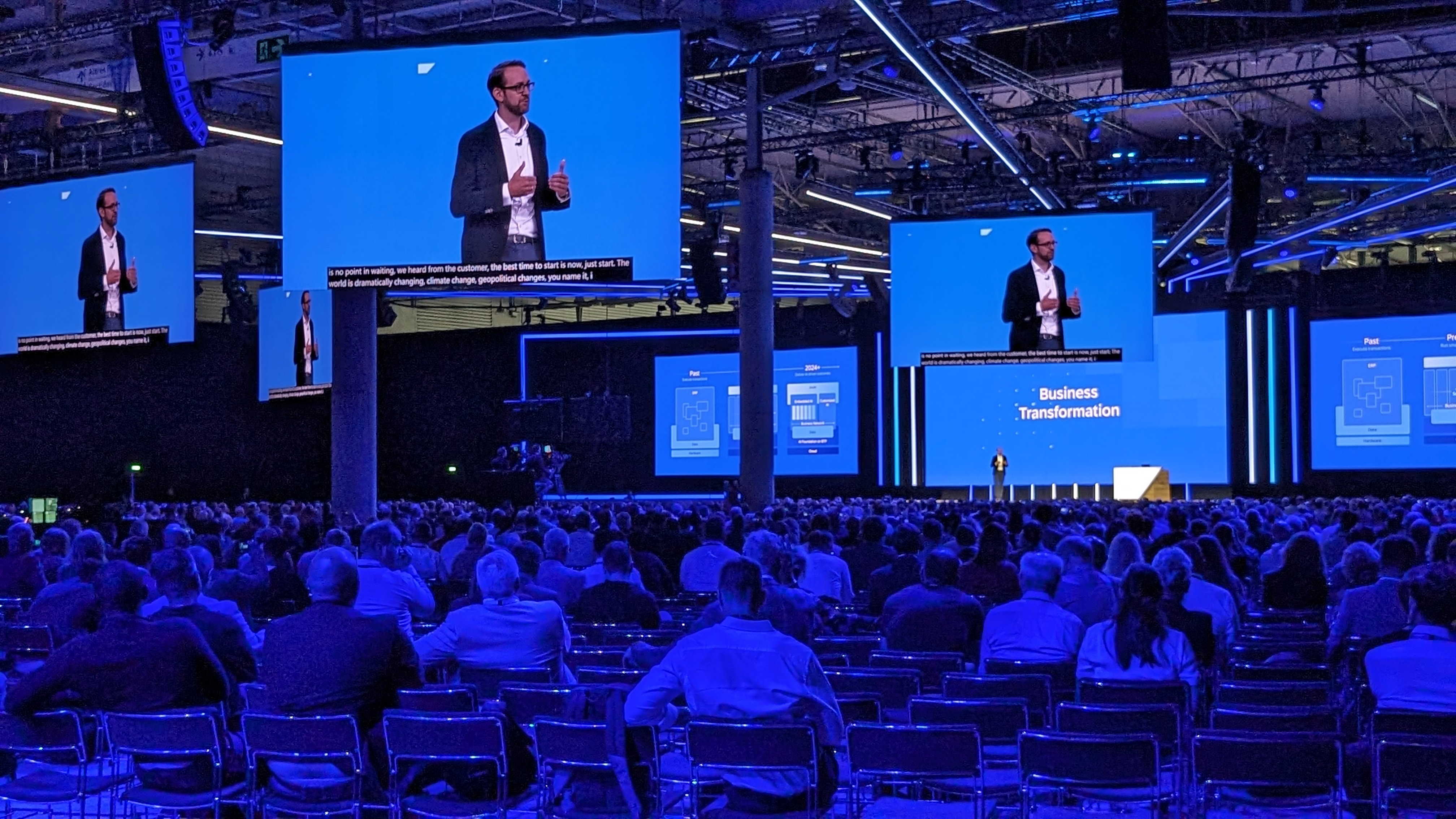 SAP has found a way to bring us all on the digital transformation journey
SAP has found a way to bring us all on the digital transformation journeyAnalysis From Joule to WalkMe, Sapphire 2024 was all about how generative AI can make everyone’s job that little bit easier – and this is just the start
By Bobby Hellard
-
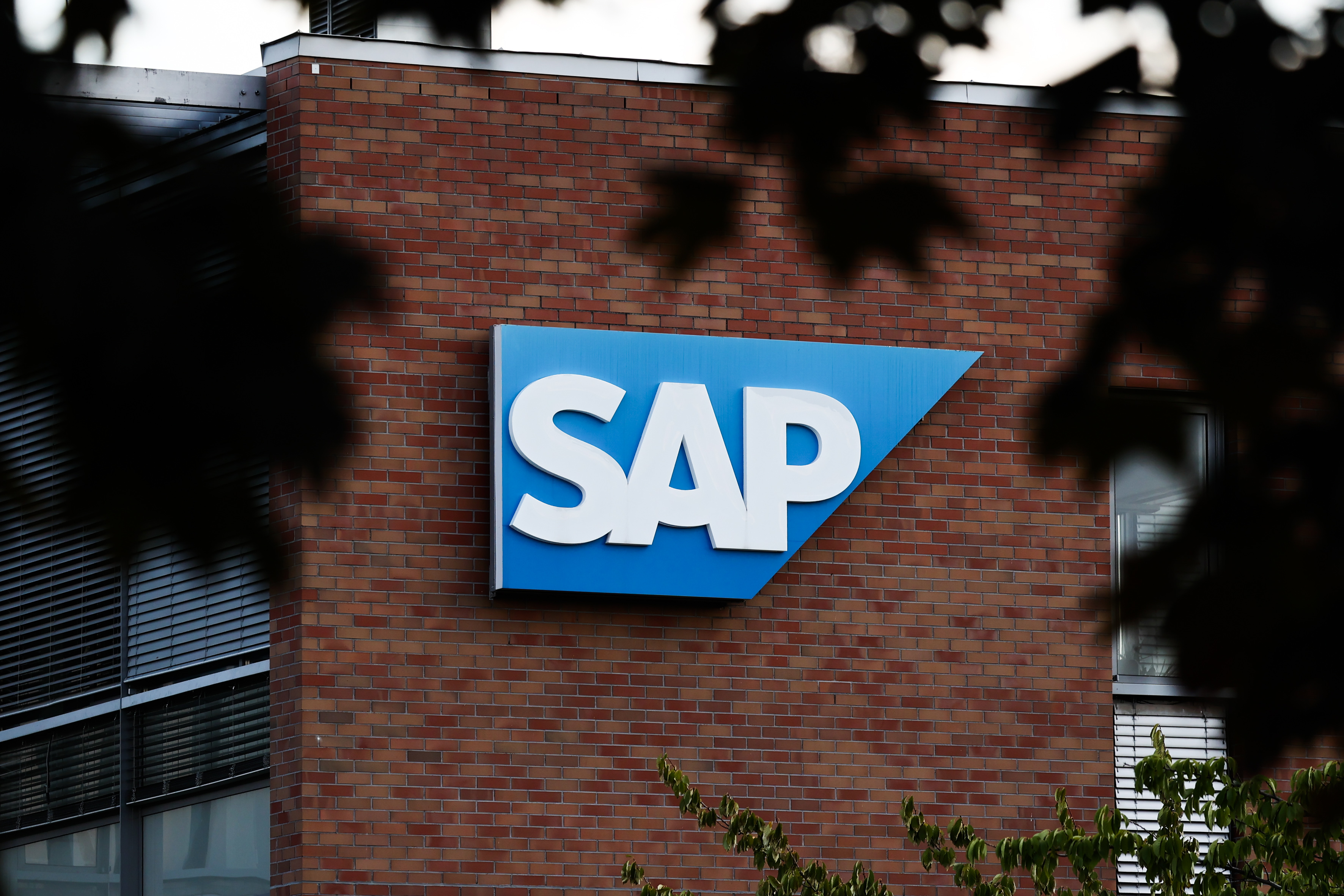 SAP just appointed its first chief AI officer
SAP just appointed its first chief AI officerNews The company veteran will lead a new SAP business unit dedicated to the growth and progression of its AI offering
By Daniel Todd
-
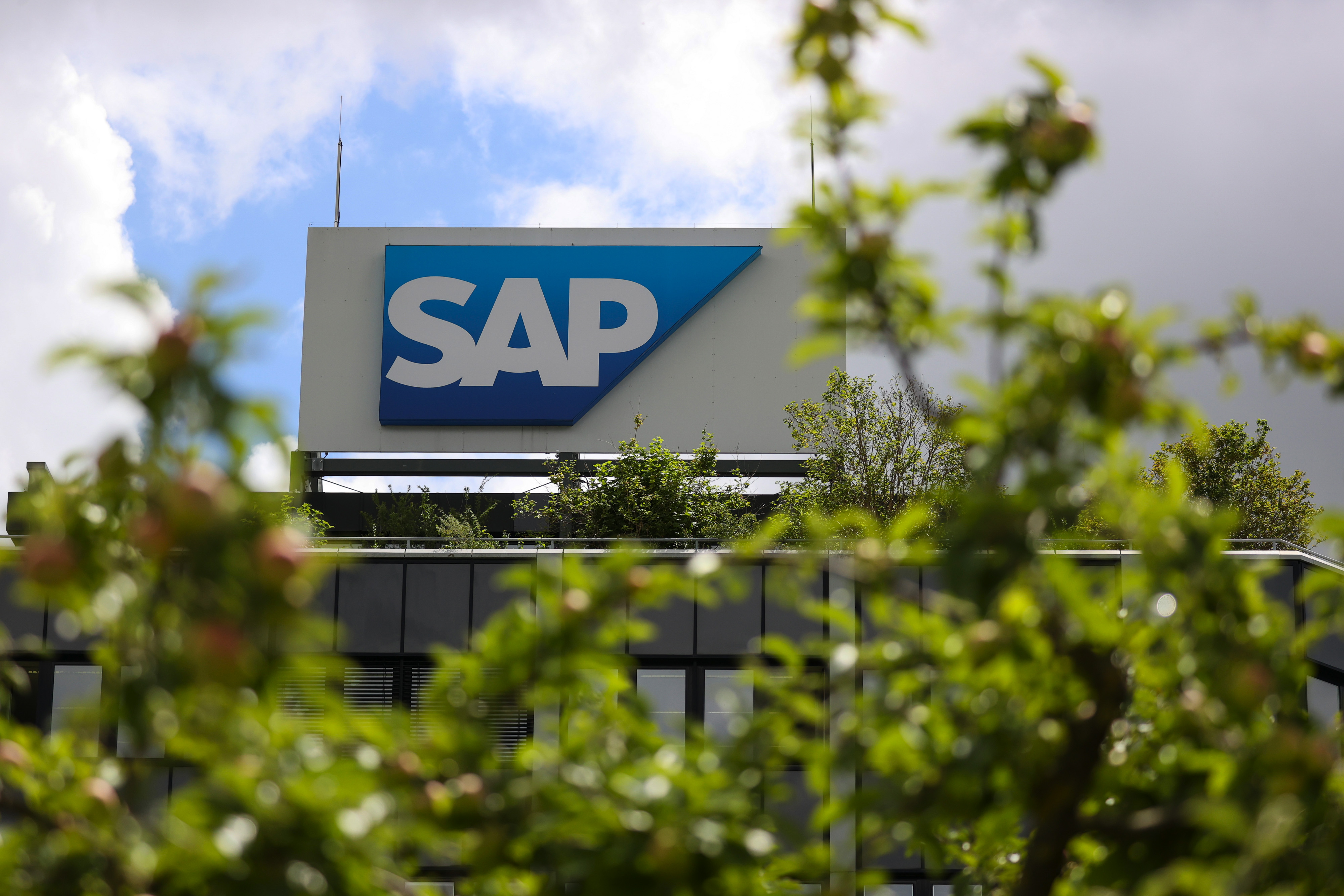 SAP treads a fine line with restructuring plans amid generative AI push
SAP treads a fine line with restructuring plans amid generative AI pushAnalysis SAP said it plans to integrate generative AI tools heavily within operations, but has been keen to emphasize this won’t equate to mass job cuts
By Ross Kelly
-
 FDM Group strikes SAP partnership to train next generation of tech consultants
FDM Group strikes SAP partnership to train next generation of tech consultantsNews New collaboration aims to meet the growing demand for SAP expertise and bridge the wider digital skills gap
By Daniel Todd
-
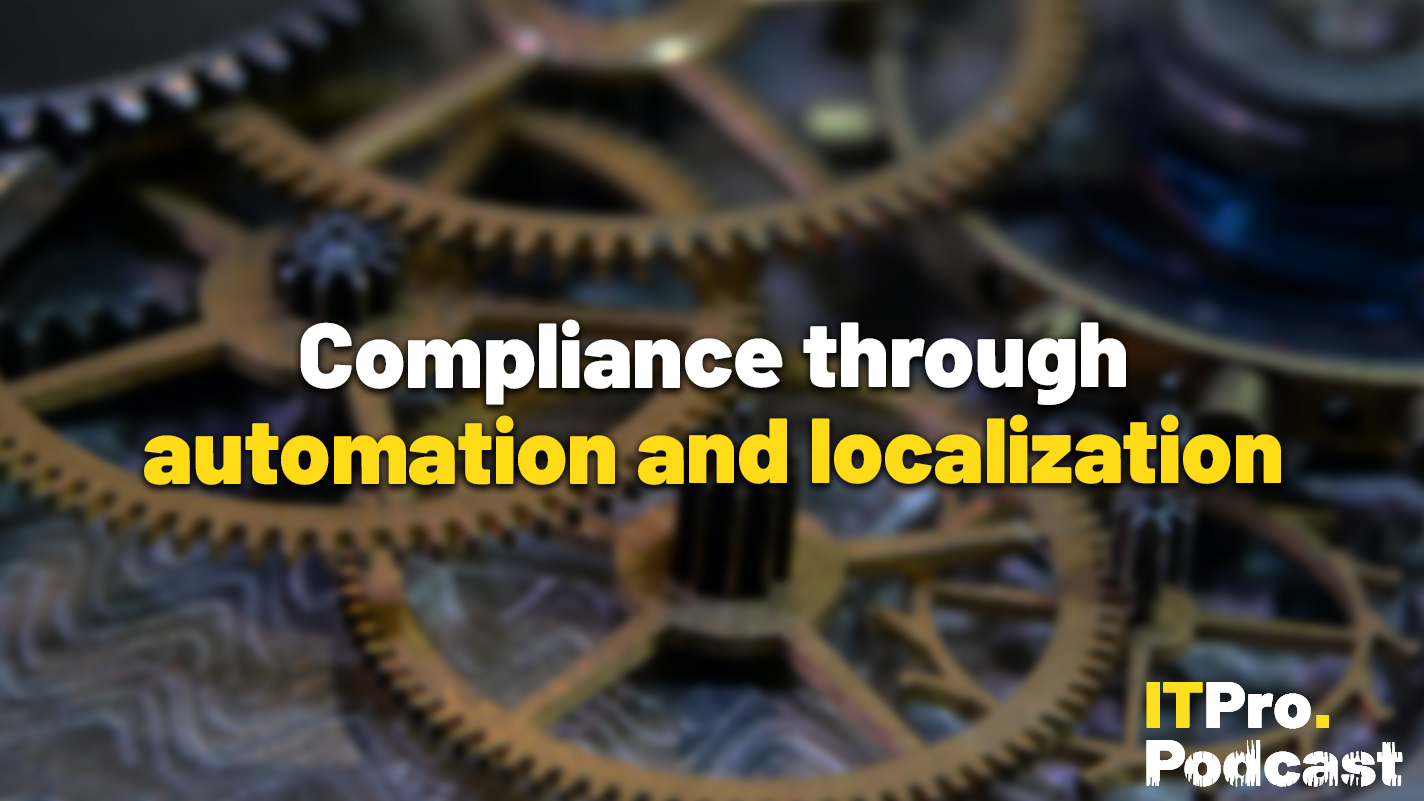 Compliance through automation and localization
Compliance through automation and localizationITPro Podcast The crossover between automation, localization, and even AI is strong
By Rory Bathgate